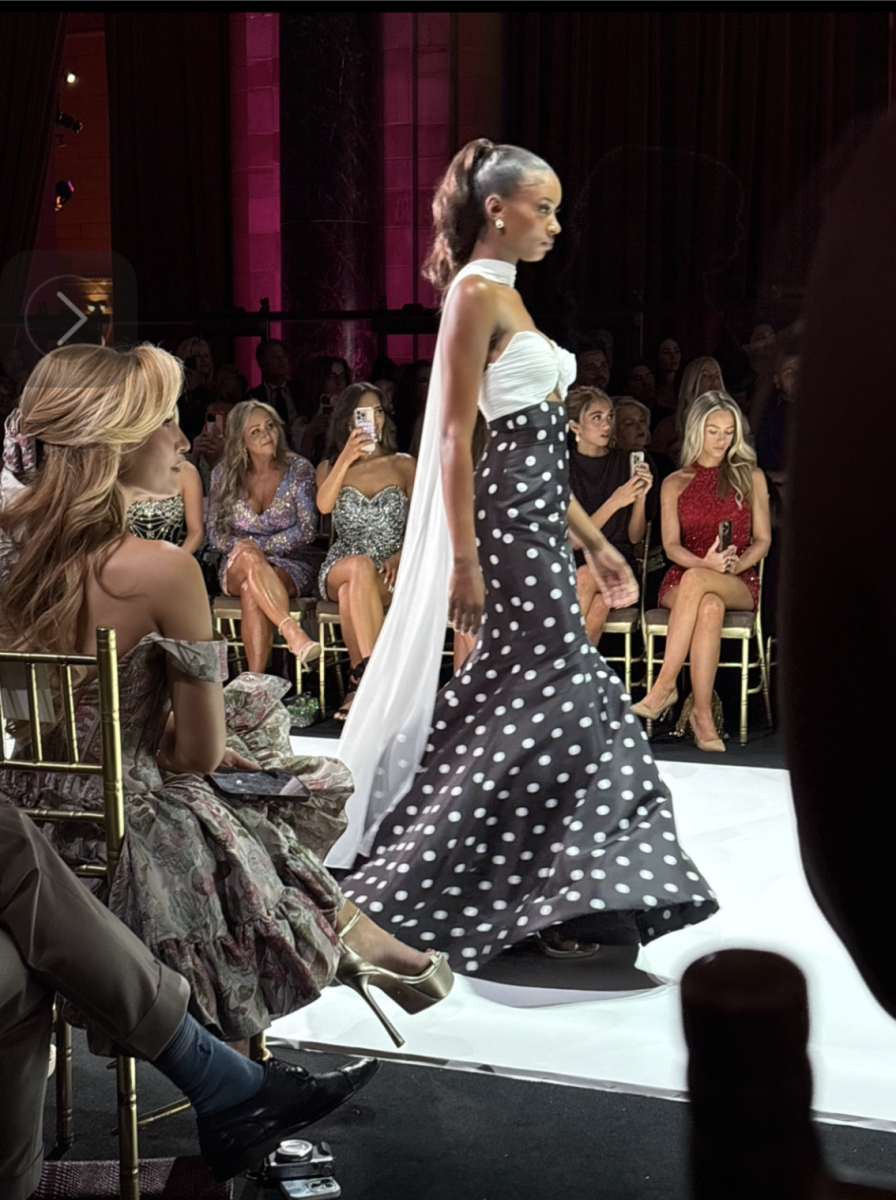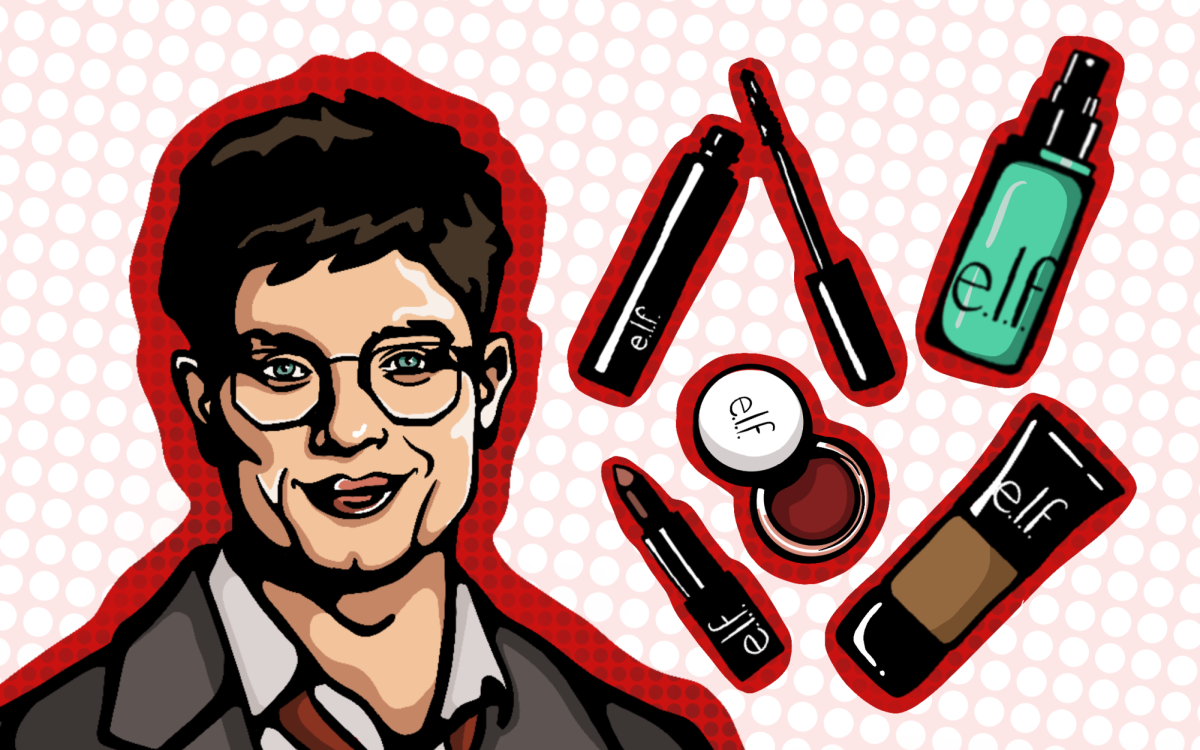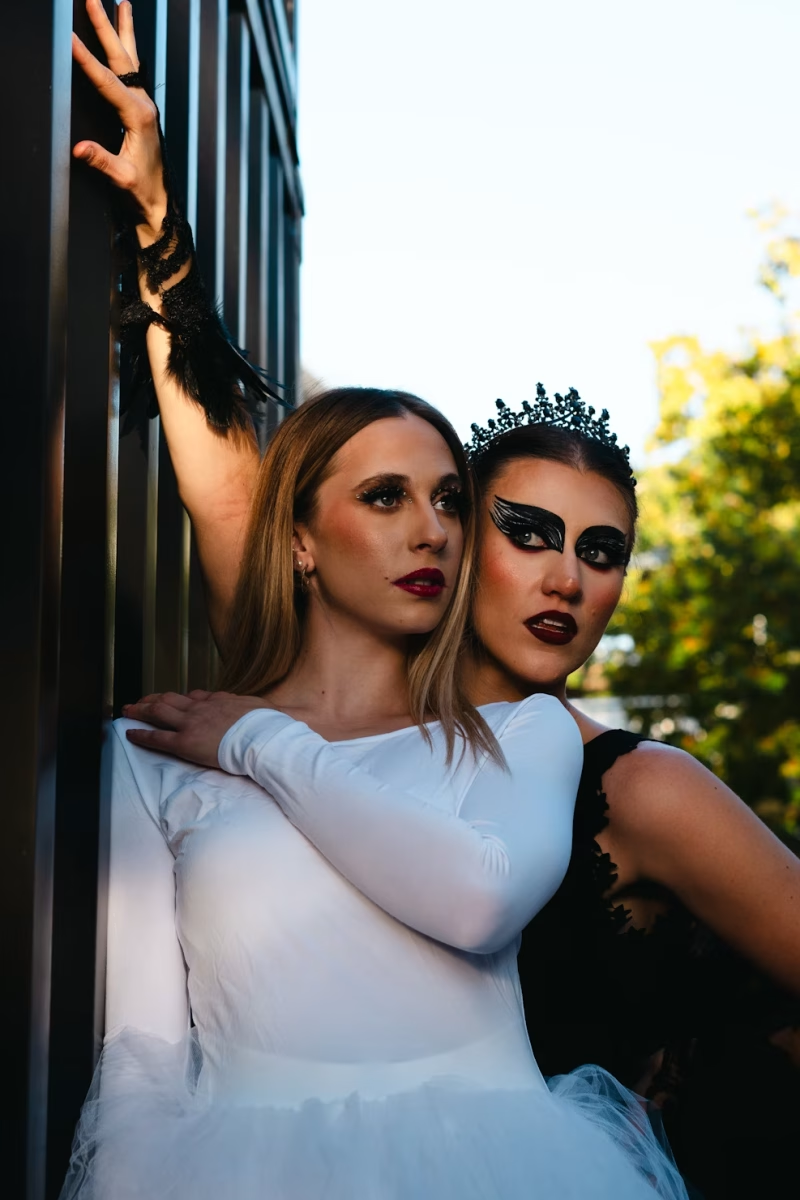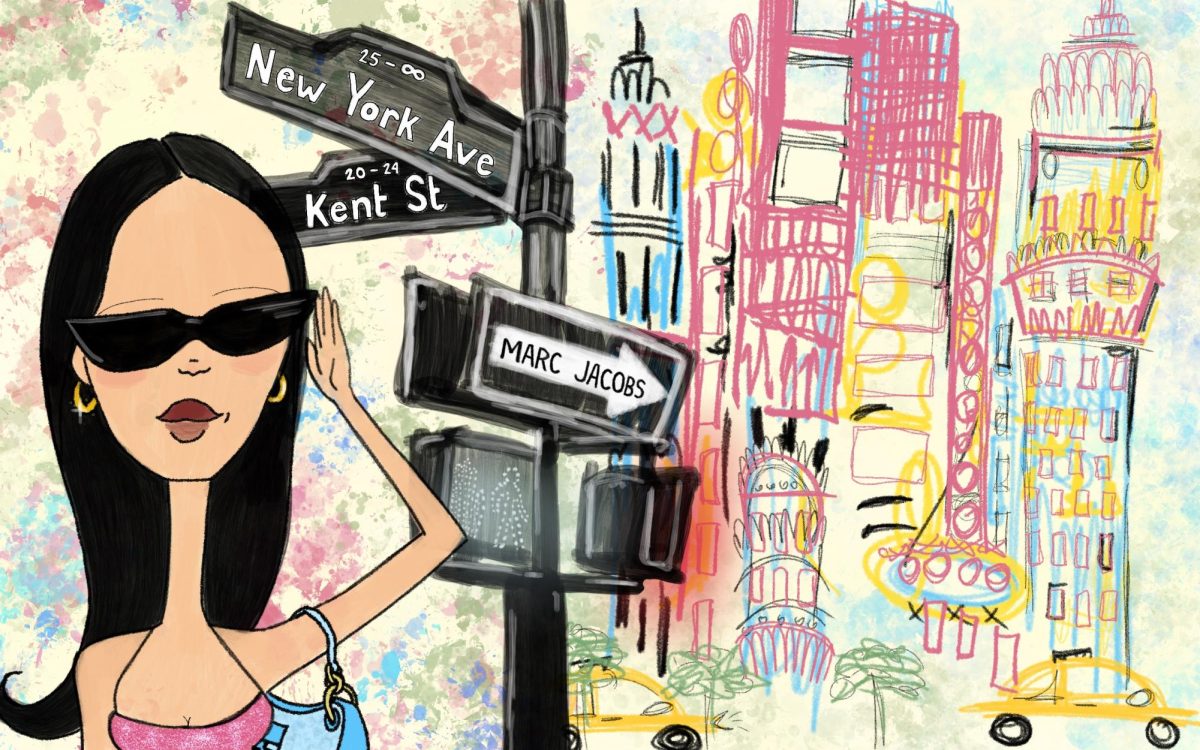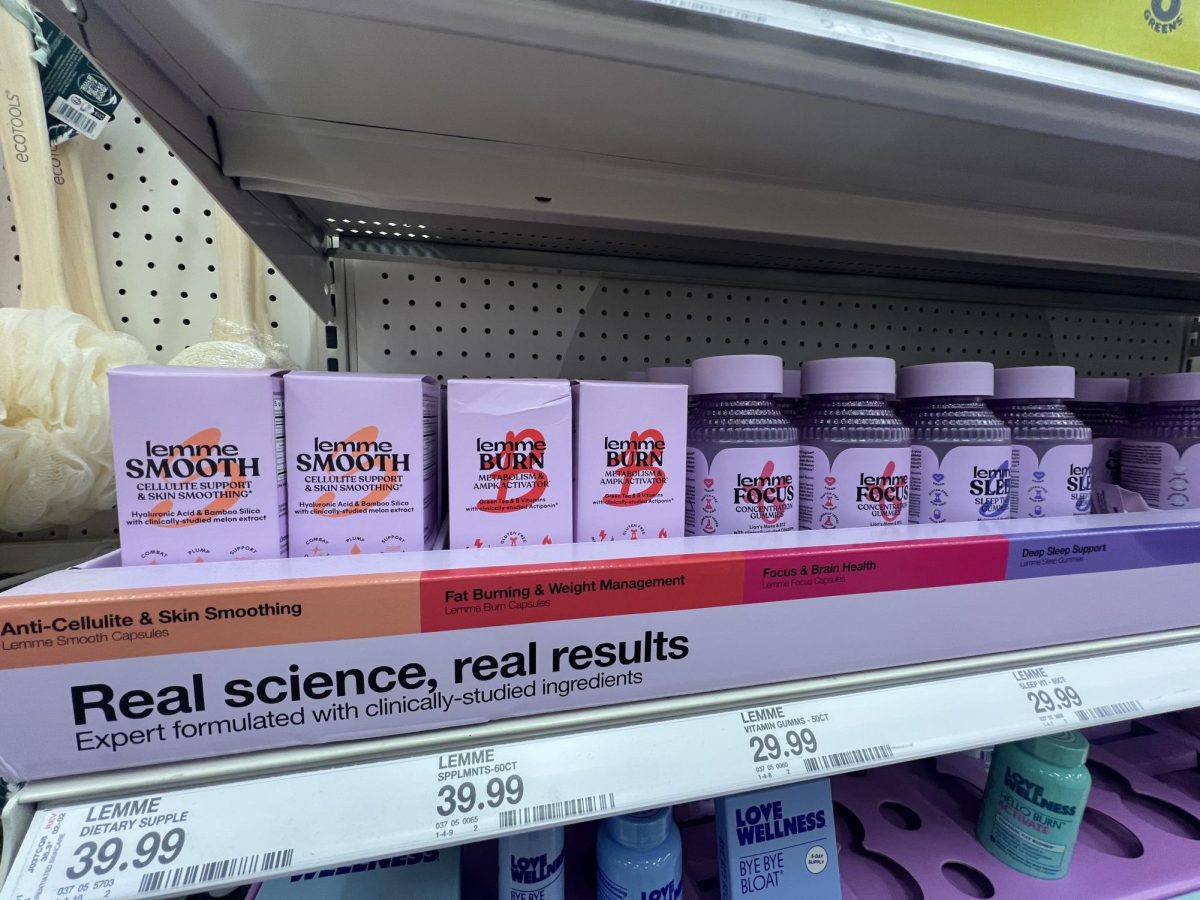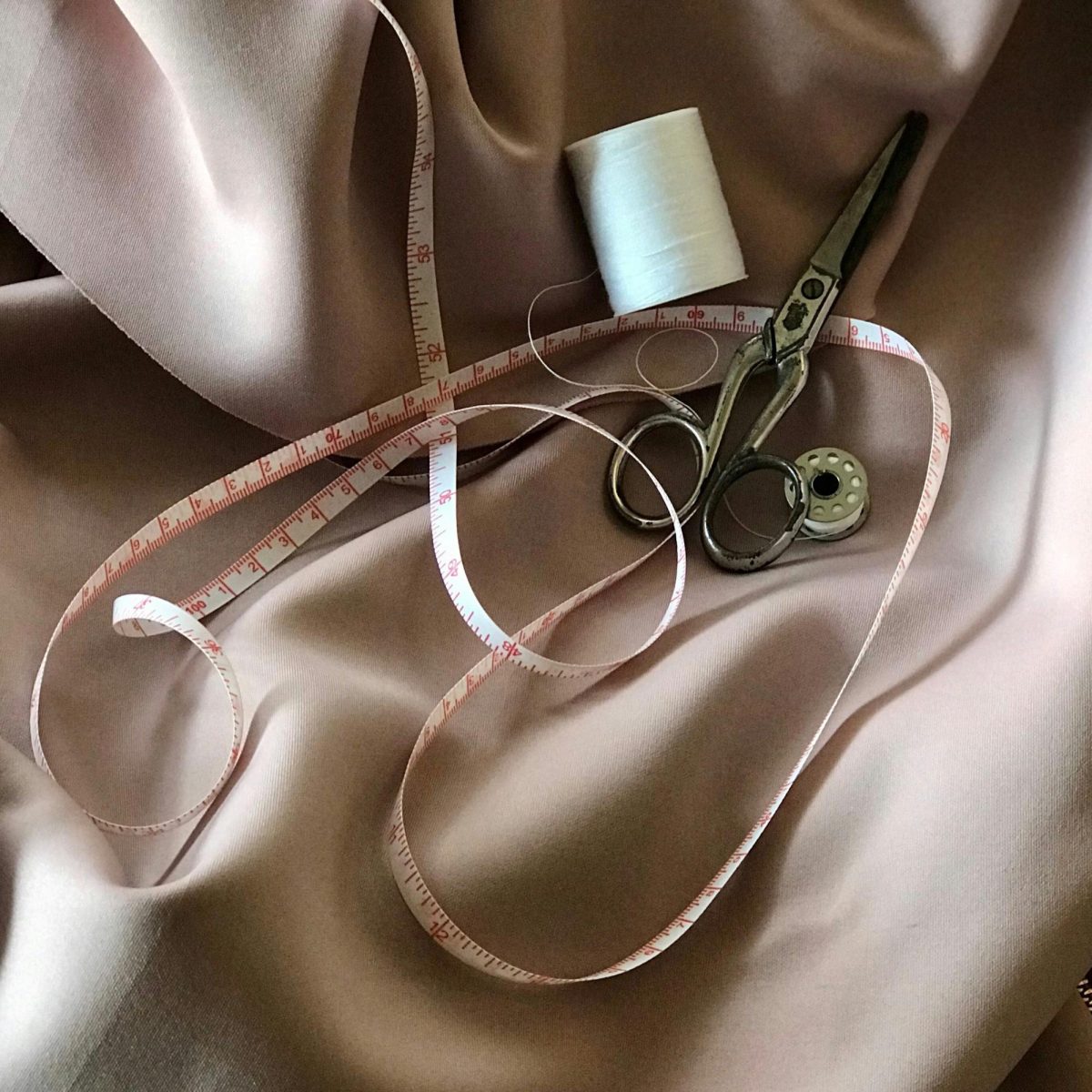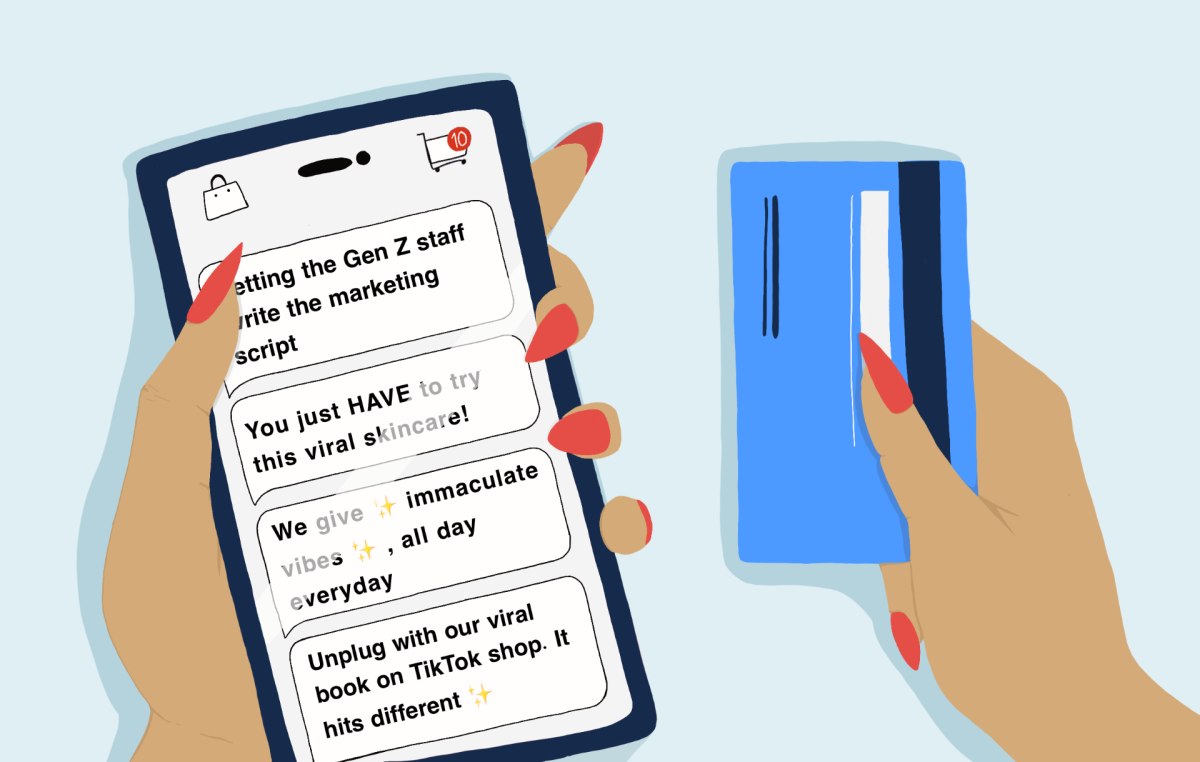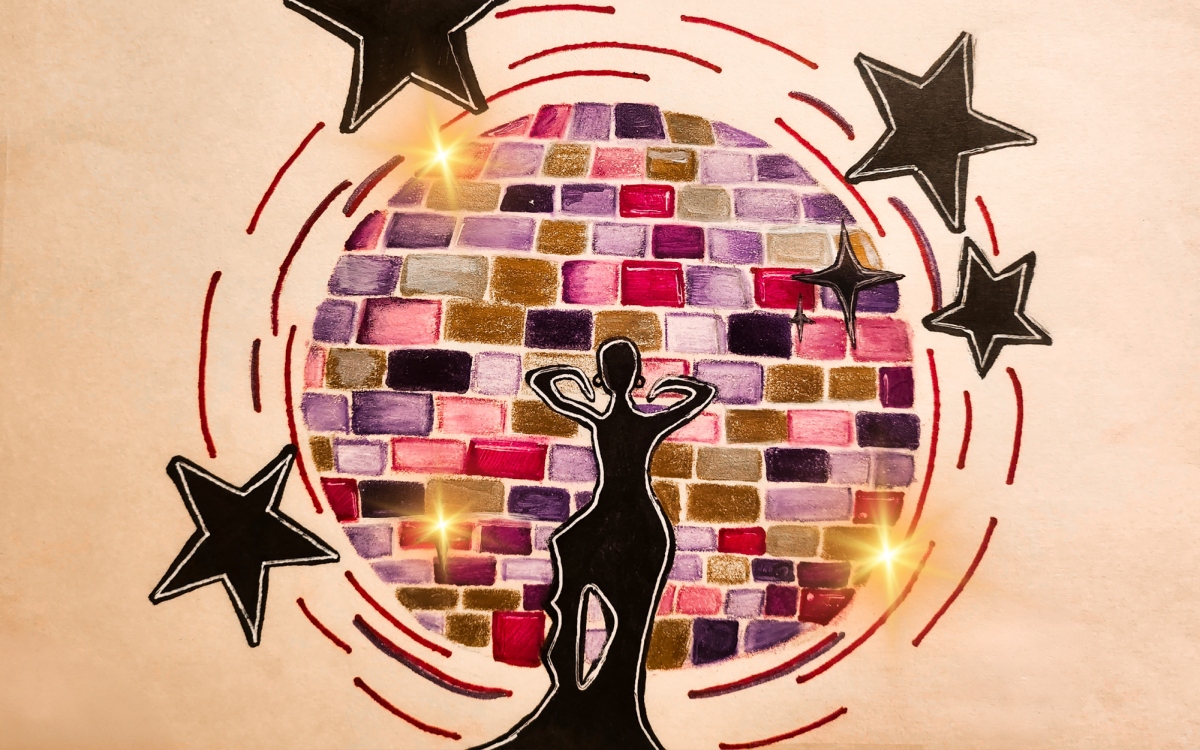“SJW Cringe Compilation” is a video title we have all either clicked on or scrolled past. While it may seem harmless, or it did when many of us were exploring the internet for the first time, knowyourmeme.com points out “Tbf [to be fair] SJW cringe compilations probably radicalized more people than actual Nazis.” Sounds crazy right? But after talking to a number of male friends, I’ve learned that many of their first encounters with politics or feminism were these “Social Justice Warrior” take-downs. The rabbit hole is more aptly called the alt-right pipeline, something much more dangerous than anyone would think at first glance of these “Feminists making a Fool of Themselves for 10 Minutes” videos.
Most of these cringe videos are from immature men, teens or boys with too much free time, but what happens when they start gaining actual power? The manosphere emerges, which according to the Institute of Strategic Dialogue, is “an umbrella term that refers to a number of interconnected misogynistic communities. It encompasses multiple types and severities of misogyny…” The major groups that make up the manosphere include Men’s Rights Activists (MRA), pickup artists (PUA) and Incels.
One of the most notorious figures in the manosphere is Andrew Tate: English-based kickboxer turned male influencer. Last December he was arrested for rape and human trafficking. Before his arrest, Tate had amassed an enormous following across social media platforms as “the king of toxic masculinity.” His videos largely appealed to young men as he promoted how to become wealthy using his pyramid scheme Hustler’s University and his abuse of women. He’s what some may call a PUA, as GQ describes him “[he] occupies a strange space between pickup artist, scammer, and far-right talking head.” But what actually is a pickup artist?
PUAs are typically men, but not mutually so, who “attempt to coax women into having sex with them through a mixture of flattery, psychological manipulation and coercion.” The movement gained popularity with Eric Weber’s book, “How to Pick Up Girls,” originally published in the 1970s, and has since spiraled into Neil Strauss’ 2005 book, “The Game.” PUAs have learned to manipulate women into sex, something society has told men they are entitled to do. This idea is inextricably linked to the conversation of consent. While it’s easy to hear a blatant no, these manipulators try to push and gaslight women into situations that don’t get clear consent. These “blurred lines” of perspective lead to the discussion of false rape allegations, something men’s rights activists are deeply concerned with.
The men’s rights activists have more ground to stand on, however, they still spread the same misinformed and often angry mindset of the other two sects of the manosphere. An article from the site MensGroup states they fight for “[men’s] rights when it comes to divorce, child support, and child custody.” All is important and worthwhile, but the author and leader of the site reveal more of what the movement is really about when he includes the “Red Pill” conspiracy. He also states that the “Men’s rights movements (MRM) started in response to the second wave of feminism.” Going even further saying “some men’s groups are based on the foundation of the common hate they have for feminism.” At least he admits it, but it makes one question, do they really care about their rights and social activism, or is this just a “counter-attack” to feminism?
The most infamous of the manosphere trio are arguably the incels, due to the 2014 Isla Vista Shooting carried out by Elliot Rodgers. Before he carried out his massacre, Rodgers posted a video, as well as shared a manifesto, claiming he was taking revenge on the women who rejected him and the men they rejected him for. For many, this was their introduction to the incel community. Incel, short for “involuntarily celibate,” was originally started by a young Canadian woman who went by Alana. She titled her site “Alana’s Involuntary Celibacy Project,” which quickly became a home for anyone commiserating their bad dating fortune, while also offering self-improvement tips and building confidence. The movement was corrupted by far angrier people, predominantly men. Now, incel is synonymous with losers — lonely men living in their parent’s basement, sexually frustrated and potentially violent.
It’s difficult to imagine how one would find oneself in these manosphere categories. The negativity, rage and blatant misogyny should be enough to turn anyone away. Still, the strongest link between the three communities, aside from their disdain for women, is their enormous insecurity and inferiority complex. While it would be easier to ignore this group of people as inconsequential, fringe and out of wider society’s power to stop, the real end to this growing toxic men’s movement has to be global. A societal change asking for true gender equality and mutual respect.
So where does it start? It’s easy to turn to one of modern society’s most popular social movements: feminism. There are three main waves of feminism, though some argue we’re living in the fourth wave now. The first wave, springing up in the mid-19th century, was largely around a woman’s autonomy as a citizen and their right to vote. The second wave of feminism came about during the 1960s. It was more intersectional: blending discussions of gender and race into one. This era, strife with social change, also saw the rise of sexual liberation, closely linked to second-wave feminism. The third wave of feminism could be defined somewhere along the lines of #girlpower and GIRLBOSS. Sexual liberation blended even more with feminism, which included the reclamation of previously derogatory terms such as “bitch.” The fourth wave of feminism, though, takes a step back from the heavily gendered language associated with feminism; instead, it opts for the intersection of gender discussion and gender equality.
Unfortunately, this era’s feminism is still ripe with heavily gendered opinions and prejudices. On social media platforms such as TikTok, tags like “kill all men” and “men are trash” started to pop up. This mindset, while initially humorous and satirical, steps into the territory of misandry, the belief that women are superior to men, and we are seeing detrimental effects on feminism because of it. For a philosophy that stands for gender equality, do these phrases help or hinder the cause?
People, predominantly men, have responded to TikToks that contain tags such as “kill all men,” with “rape all women 2020.” Both sides of these tags are now banned on TikTok, however, there are plenty of articles speaking against the first tag and only one article that mentions the latter. It’s easy to decry the anti-woman phrase, given its violence and high probability of happening, compared to women becoming mass murderers. However, it also brings to light a major flaw in modern internet feminism: “safe spaces” for women have caused discomfort to men. The fourth wave of feminism has inadvertently created a rift in genders, reversed the equity progress and driven men out of the conversation entirely. There’s something to argue for the fact it should not be a woman’s job to make sure men are comfortable with themselves. But if women make up half of the world’s population, it falls on their shoulders regardless, right?
Ultimately, it is up to men to decide their own behavior. Men should hold themselves, and others, responsible for their actions. But women need to participate as well. Though feminism is the fight for gender equality, there are still plenty of people threatened by the thought of it. Therefore, no matter who you are, it becomes your social responsibility to help in the cause— even if it feels you can’t offer much. The internet has shown us what good it does to point fingers at one side or the other; it creates more harm than good. While there are still plenty of healthy places for men and women to have separate communities, it’s more important to leave the radical statements of division behind.
Support Student Media
Hi! I’m Annie Gleydura, A Magazine’s editor-in-chief. My staff and I are committed to bringing you the most important and entertaining news from the realms of fashion, beauty and culture. We are full-time students and hard-working journalists. While we get support from the student media fee and earned revenue such as advertising, both of those continue to decline. Your generous gift of any amount will help enhance our student experience as we grow into working professionals. Please go here to donate to A Magazine.


